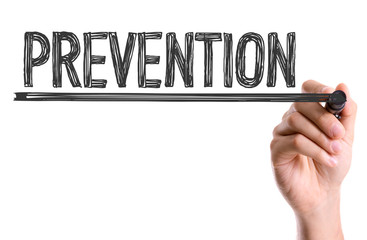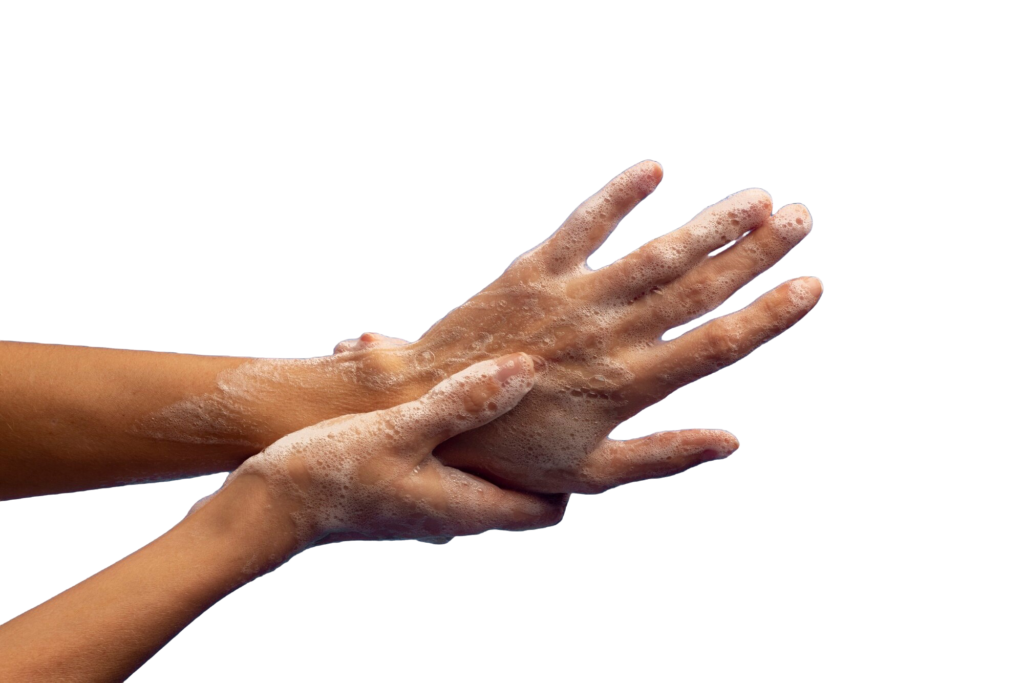Dry Itchy skin, also known as xerosis or xeroderma, is a common condition affecting millions of people globally. Whether due to environmental factors, health conditions, or aging, dry skin can cause discomfort, itchiness, and even complications if left untreated. But what makes some skin dry and itchy? And more importantly, how can you prevent and treat it? Let’s explore everything you need to know about dry skin, from causes and symptoms to treatments and prevention strategies.
What Causes Dry Skin?
Dry skin occurs when the outer layer of the skin, the epidermis, fails to retain sufficient moisture. The skin’s natural oils that form a protective barrier against dehydration become insufficient or disrupted, leaving skin parched, flaky, and sometimes cracked. Here are some key causes of dry skin:
1. Aging: As we age, the skin’s ability to retain moisture diminishes due to a decline in oil production. This results in thinner, drier skin, particularly common in people over 40.
2. Climate: Cold, dry, and windy environments contribute significantly to dry skin. Winter months, in particular, wreak havoc as humidity levels drop.
3. Health Conditions: Conditions such as eczema, psoriasis, diabetes, and kidney disease can trigger or worsen dry skin. Cancer treatments and dialysis may also result in thick, dry patches of skin.
4. Lifestyle Factors: Jobs that require frequent handwashing (e.g., healthcare) or exposure to chemicals (e.g., hair stylists, cleaners) are likely to cause dryness. Swimming in chlorinated pools and long hot showers also strip away essential oils from the skin.
Types of Dry Skin:
Dry skin presents in several forms, ranging from mild to severe. Here are some common types:
1. Simple Dry Skin: This type is characterized by mild flaking and roughness, often due to environmental factors like wind or cold.
2. Cracked Skin: In severe cases, the skin becomes so dry it cracks, leading to possible infection.
3. Xerosis Cutis: This form occurs due to aging and is commonly seen in older adults, where the skin becomes thin and flaky.
4. Eczema (Atopic Dermatitis): A chronic condition where dry skin leads to inflammation, redness, and severe itching.
Symptoms of Dry Skin:
Common symptoms of dry skin include:
– Tight, rough, or flaky skin
– Itchiness, sometimes severe
– Red patches or inflamed areas
– Fine lines or cracks on the surface of the skin
– Peeling or scaling in some areas, especially on the legs, arms, and hands.
In extreme cases, the skin may crack and bleed, creating open wounds that increase the risk of infection.
Treatments and Cure:
Treating dry skin focuses on rehydrating the skin and maintaining its moisture barrier. The following strategies are highly effective:
1. Moisturizers: Moisturizing regularly is crucial. Choose emollient-rich creams or lotions containing ingredients like glycerin, hyaluronic acid, or petroleum jelly, which help to lock in moisture. Fragrance-free, hypoallergenic products are recommended to avoid irritation.
2. Steroid Creams: For severely dry or itchy skin, a doctor may recommend hydrocortisone creams to reduce inflammation and itchiness. In more serious cases, oral medications may be prescribed.
3. Gentle Cleansers: Avoid harsh soaps and cleansers that can strip away natural oils. Opt for moisturizing, fragrance-free products, or soap-free alternatives.
4. Hydration: Drinking plenty of water is essential. Avoid excessive consumption of caffeine and alcohol, which can dehydrate the skin.
5. Lifestyle Adjustments: Limiting the duration of showers and using warm (not hot) water can prevent moisture loss. Additionally, wearing gloves when handling chemicals or gardening can protect the skin from dryness.
Prevention Tips

While treating dry skin is effective, prevention is always better than cure. Here are some helpful prevention strategies:
1. Use a Humidifier: Adding moisture to the air, especially during the winter, can prevent your skin from drying out.
2. Apply Moisturizer After Showering: Pat your skin dry and apply moisturizer immediately to seal in moisture.
3. Protect Against the Elements: Cold, dry air and the sun can both damage the skin. Wear sunscreen year-round and cover exposed skin in harsh weather.
4. Gentle Products Only: Use fragrance-free, hypoallergenic soaps and avoid alcohol-based products, as they tend to dry the skin out.
5. Eat a Skin-Healthy Diet: Include foods rich in omega-3 fatty acids and antioxidants, which support skin health. Avoid excessive salty and sugary foods that can dehydrate your skin.
Having a skincare routine will also help you with maintaining your skin’s health and taking good care of yourself. Though it’s essential to stick to homemade skincare DIY’s and dermatologist recommended products.
DIY homemade skin care –
Multani mitti face pack , Ubtan, coconut oil for moisturizing, Aloe Vera gel with curd as a hair mask for dry and flaky scalp. Sugar and honey as scrub to remove dead skin.
These simple yet effective old but gold remedies will definitely help you hydrate your skin and give you a shiny glow up with healthy smooth skin.
FAQs About Dry Skin
1. Why does dry skin itch?
-Dry skin lacks moisture, which leads to irritation and triggers the nerves that cause itching.
2. Can dry skin lead to infections?
-Yes, cracked or open skin can allow bacteria to enter, causing infections.
3. Is dry skin hereditary?
Certain genetic factors, such as a family history of eczema, can make you more prone to dry skin.
4. Can dehydration cause dry skin?
Yes, inadequate water intake can lead to dehydration, affecting skin moisture levels.
5. Where on my body will I have dry skin?
You can have dry skin anywhere on your body, but the most common places include:
Hands, Feet, Face, Elbows, Around your mouth, Genitals, Legs.
Dry skin is a common and often manageable condition that affects people of all ages and skin types. By understanding the causes and recognizing symptoms early, you can prevent the discomfort associated with dryness and itching. With regular moisturization, protective measures, and healthy lifestyle choices, you can keep your skin hydrated and healthy year-round. Always consult a dermatologist for persistent or severe cases to get tailored treatment advice.


